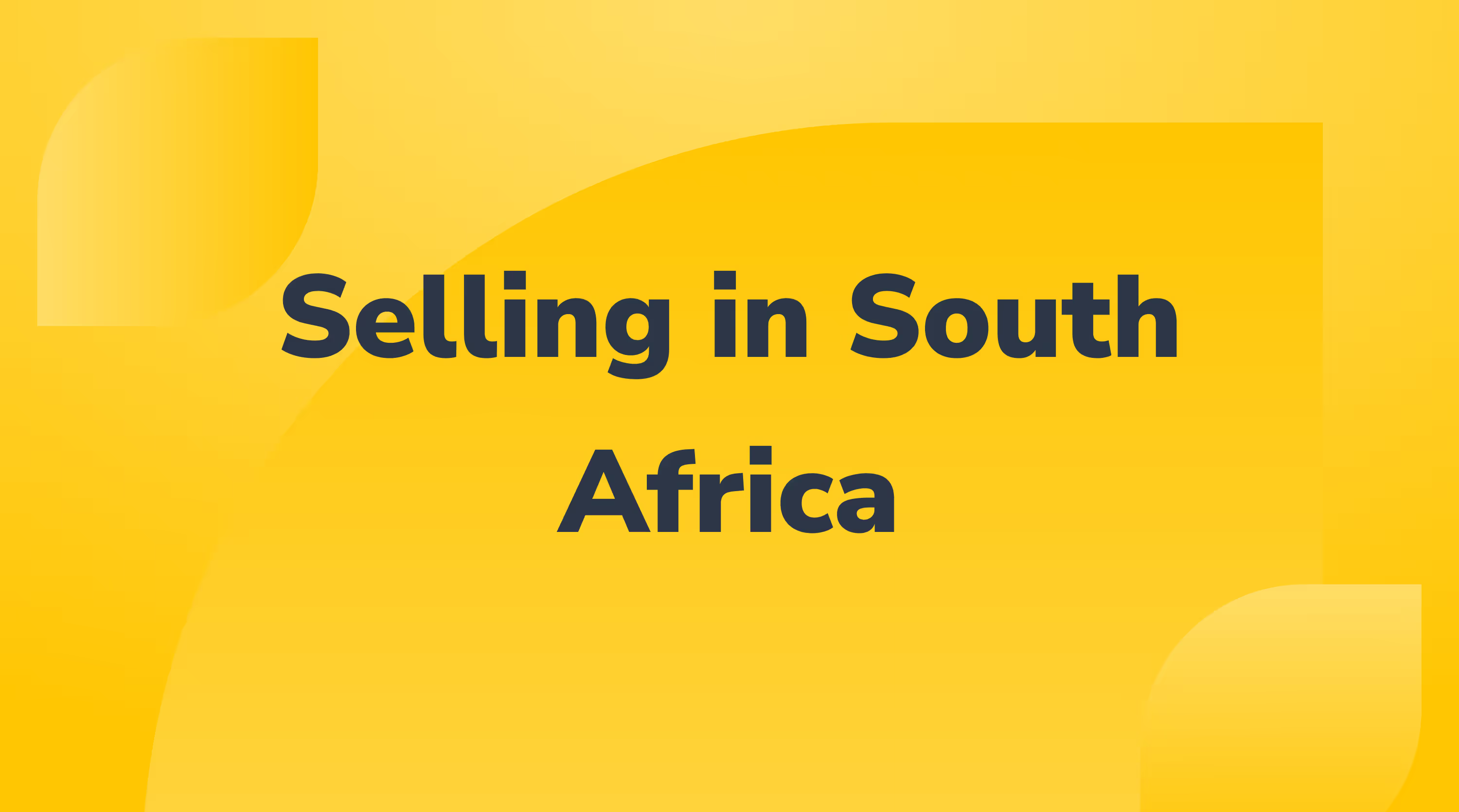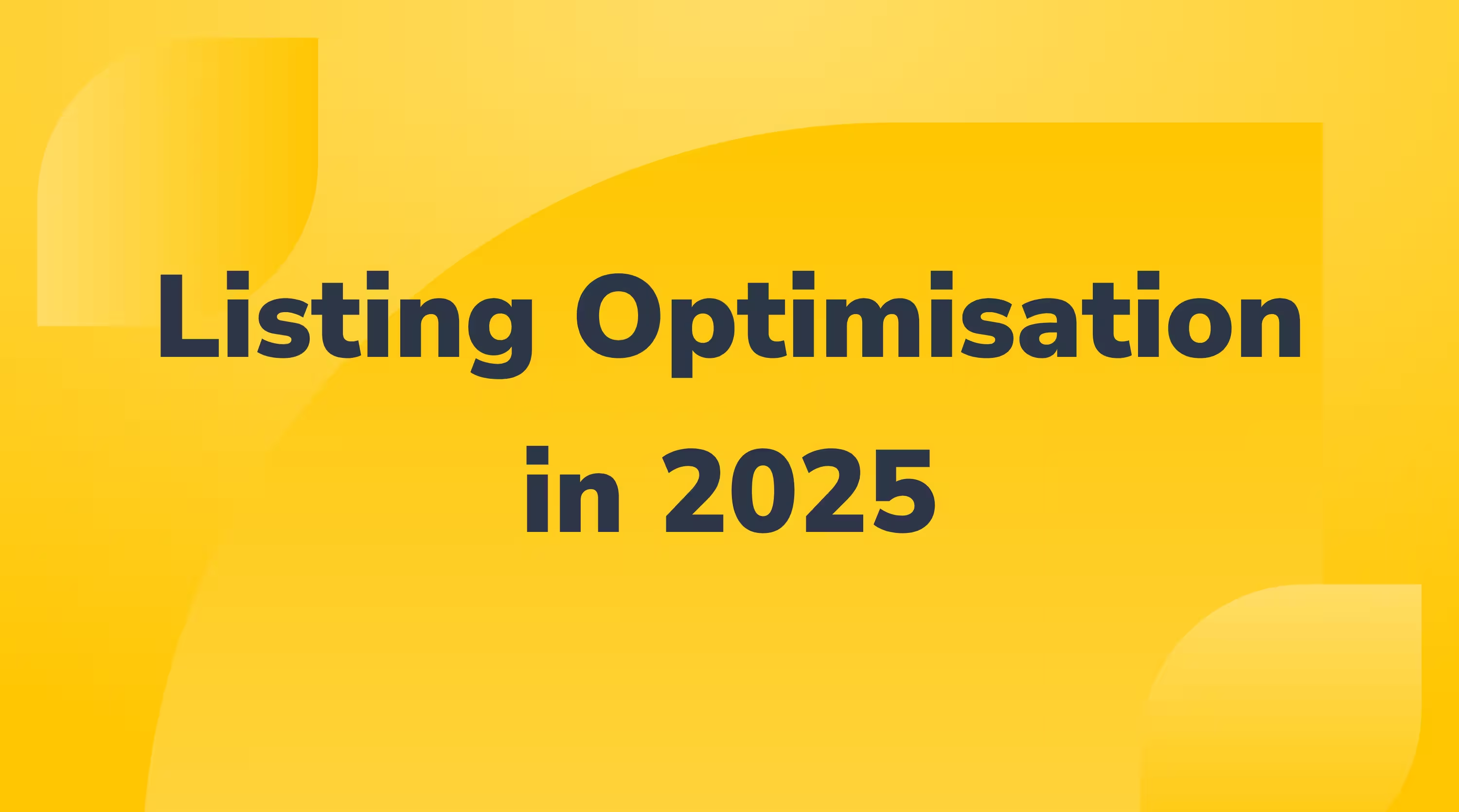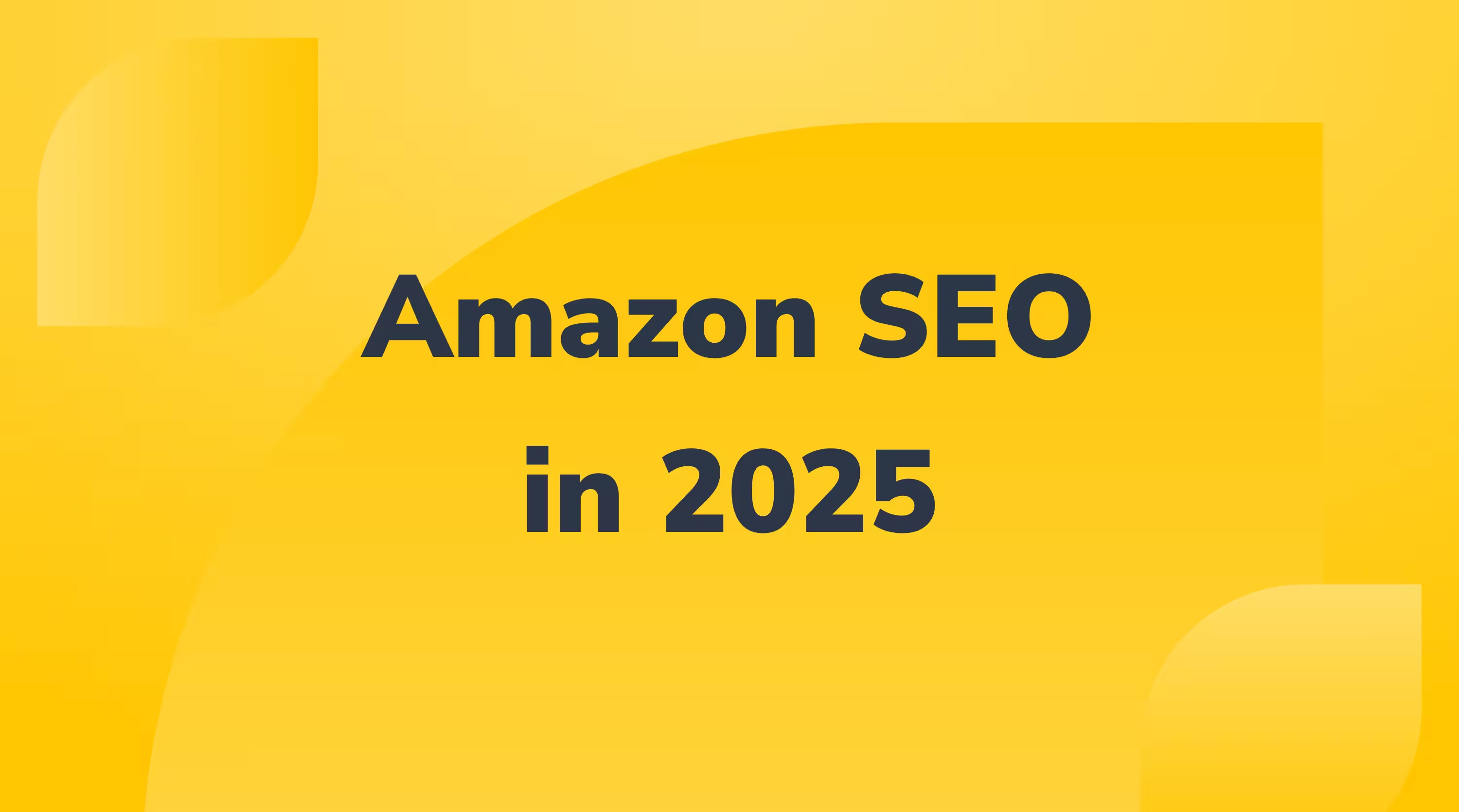How to Sell on Amazon South Africa: A Guide to the New Amazon.co.za

In early 2024, Amazon officially launched Amazon.co.za, opening up one of the largest and most developed economies on the African continent to global sellers. For brands seeking a first-mover advantage, Amazon South Africa represents a ground-floor opportunity to reach a nation with a growing middle class, a youthful population, and increasing demand for the convenience of e-commerce.
This guide provides a strategic overview for entering this new marketplace, focusing on the key compliance, logistical, and cultural factors you need to know to succeed.
1. Understanding the South African Market
- A Diverse and Developing Consumer Base: South Africa is a diverse nation with a wide range of consumers. There is a well-established, affluent segment eager for international brands, alongside a larger, more price-sensitive population. Trust, value, and reliable delivery are primary concerns for all online shoppers.
- English is Key: While South Africa has 11 official languages, English is the primary language used for business, government, and online commerce, making the market highly accessible for international sellers.
- A Competitive Landscape: Amazon is entering a market with a strong, established local e-commerce leader: Takealot.com. To win customers, brands on Amazon must compete effectively on selection, price, and the superior delivery experience offered by FBA.
- A Mobile-First Nation: Like many emerging economies, the majority of South Africans access the internet and shop online via their smartphones, making a mobile-optimized presence essential.
2. South African Regulations and Compliance
Navigating the import and tax regulations is the first critical step to entering the market.
- VAT (Value Added Tax): South Africa has a VAT rate of 15%. For international sellers importing goods to be sold in the country (e.g., via FBA), you will likely be required to register for VAT with the South African Revenue Service (SARS) from the outset.
- Importer of Record (IOR): This is a crucial point. A foreign business typically cannot obtain a South African Importer's Code. Therefore, you must work with a licensed South African entity (a customs broker or third-party service provider) to act as the legal Importer of Record on your behalf to clear your goods through customs.
- Product Compliance: South Africa has its own product safety and quality standards. Certain products, particularly electronics, may require a Letter of Authority (LOA) from the National Regulator for Compulsory Specifications (NRCS) to certify that they meet local safety requirements.
3. Logistics and FBA in South Africa
In a country with vast distances and a developing logistics network, using Fulfillment by Amazon (FBA) is your most powerful tool for success.
- FBA Builds Trust: The single biggest advantage of FBA in a new market is the trust it inspires. The promise of fast, reliable, nationwide delivery handled by Amazon gives consumers the confidence to buy. It solves the significant challenge of last-mile delivery for the seller.
- Local FBA Network: Amazon has launched its South African operations with fulfillment centers in the key economic hubs of Johannesburg and Cape Town, allowing for efficient delivery to the country's major population centers.
- The Import Challenge: The primary logistical hurdle is not domestic delivery, but the international freight and customs process. Managing the shipment of your goods, ensuring all paperwork is correct, and working with a local IOR requires expert coordination.
Sitruna provides end-to-end international logistics. We manage the complex freight, customs clearance via our local partners, and the final FBA inbound process to ensure your products arrive at Amazon's South African warehouses ready for sale.
4. Localization and Marketing
- Pricing in Rand (ZAR): All prices on Amazon.co.za must be in the South African Rand (ZAR). The currency can be volatile, so it's important to monitor exchange rates and build a buffer into your pricing.
- Marketing Strategy: A strong digital marketing presence on platforms popular in South Africa, like Facebook and Instagram, is key to building brand awareness and driving traffic to your Amazon listings.
Useful Resources
- Sell on Amazon South Africa (sell.amazon.co.za)
- South African Revenue Service (SARS)
- National Regulator for Compulsory Specifications (NRCS)
- Takealot.com (To research your main competitor)
Conclusion: A First-Mover Opportunity
Amazon South Africa is a market with immense long-term potential for brands willing to be pioneers. Success hinges on navigating the import process with a reliable local partner and leveraging FBA to deliver a customer experience that builds trust and loyalty. For those who can master these early challenges, the reward is a foothold in one of the world's most exciting emerging economies.
Ready to be among the first to succeed in the South African market? Schedule a free discovery call with the Sitruna team at www.sitruna.com/meet to build your market-entry logistics plan.



